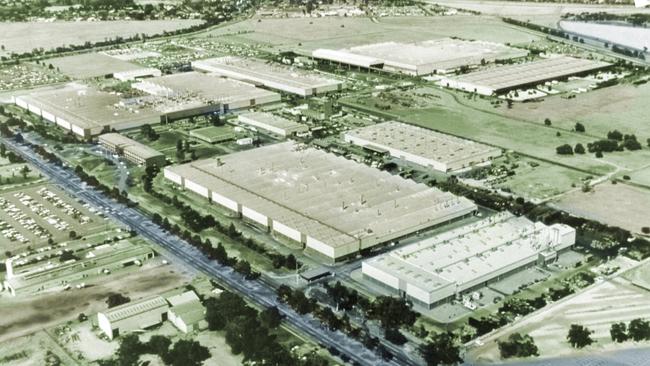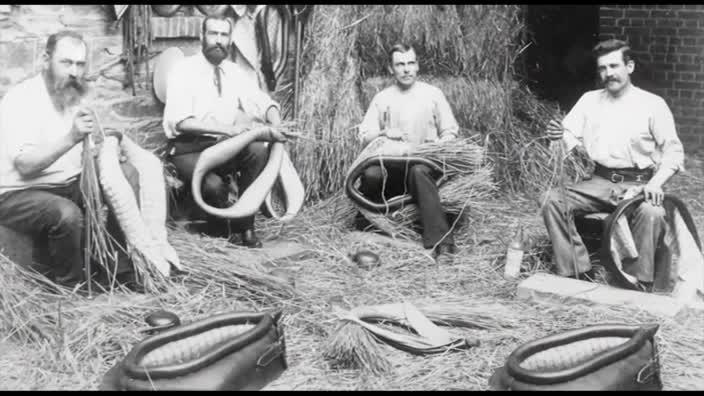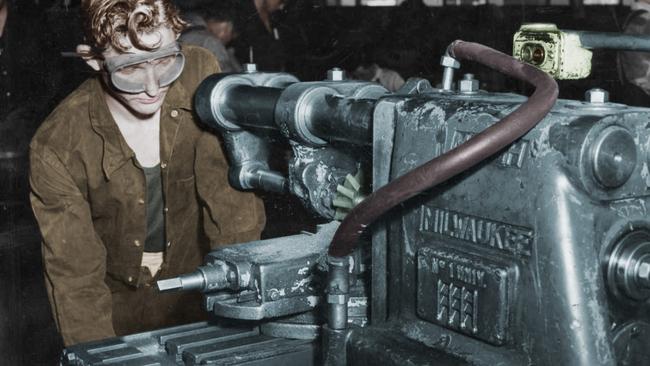Holden closure being managed much better than Mitsubishi’s exit
HOLDEN’S exit will see 2500 jobs lost throughout the state, but a jobs expert says the outlook is much more positive than when the closure was announced.
- Why Australian car manufacturing died
- SA companies switch from cars to ships
- Holden announces October 20 closure
- SA’s employment rate drops to 5.7 per cent
THE looming Holden closure has been managed considerably better than Mitsubishi’s exit from South Australia almost a decade ago, employment expert John Spoehr says.
The head of Flinders University’s Australian Industrial Transformation Institute yesterday told a forum that SA was in a much better position two weeks out from Holden’s closure than expected.
All of the remaining 950 Holden staff will work their final shift at the car manufacturer’s Elizabeth plant on October 20, resulting in the loss of 2500 jobs across the wider automotive industry.

“The starting point for the closure is a lot better than what we thought it would be because unemployment is a lot lower,” Professor Spoehr said.
“We’ve learnt a lot since the Mitsubishi closure and we’ve done this a lot better in all sorts of ways. Holden workers were able to leave jobs at the factory before it actually closed, which was something Mitsubishi workers weren’t able to do.”
SA’s unemployment rate has improved considerably in recent months, with the state’s seasonally adjusted rate dropping to 5.7 per cent in August, the lowest since November 2012.
Speaking at a forum about life after Holden, Professor Spoehr said that drop, combined with Holden’s ability to find employment for 80 per cent of its workforce, meant the job was “half done”.
But he stressed the closure would be the “largest shock” to SA’s economy in recent history and would result in a substantial number of employees taking a serious pay cut.
“Whilst it’s unclear from the numbers supplied by Holden, it’s my assumption that the majority are going into casual jobs and the real challenge going forward is to find them full-time employment,” he said.
“We’ve done well with the early transitions and mitigated some of the impacts on the supply chain, which is a hard thing to do, and even more difficult to sustain.”

Employment Minister Kyam Maher said the closure was “a challenging and difficult time” but assured supply chain workers that training and support programs were in place.
Opposition treasury spokesman Rob Lucas said the Government must provide tax relief, rather than imposing its new major bank levy.

